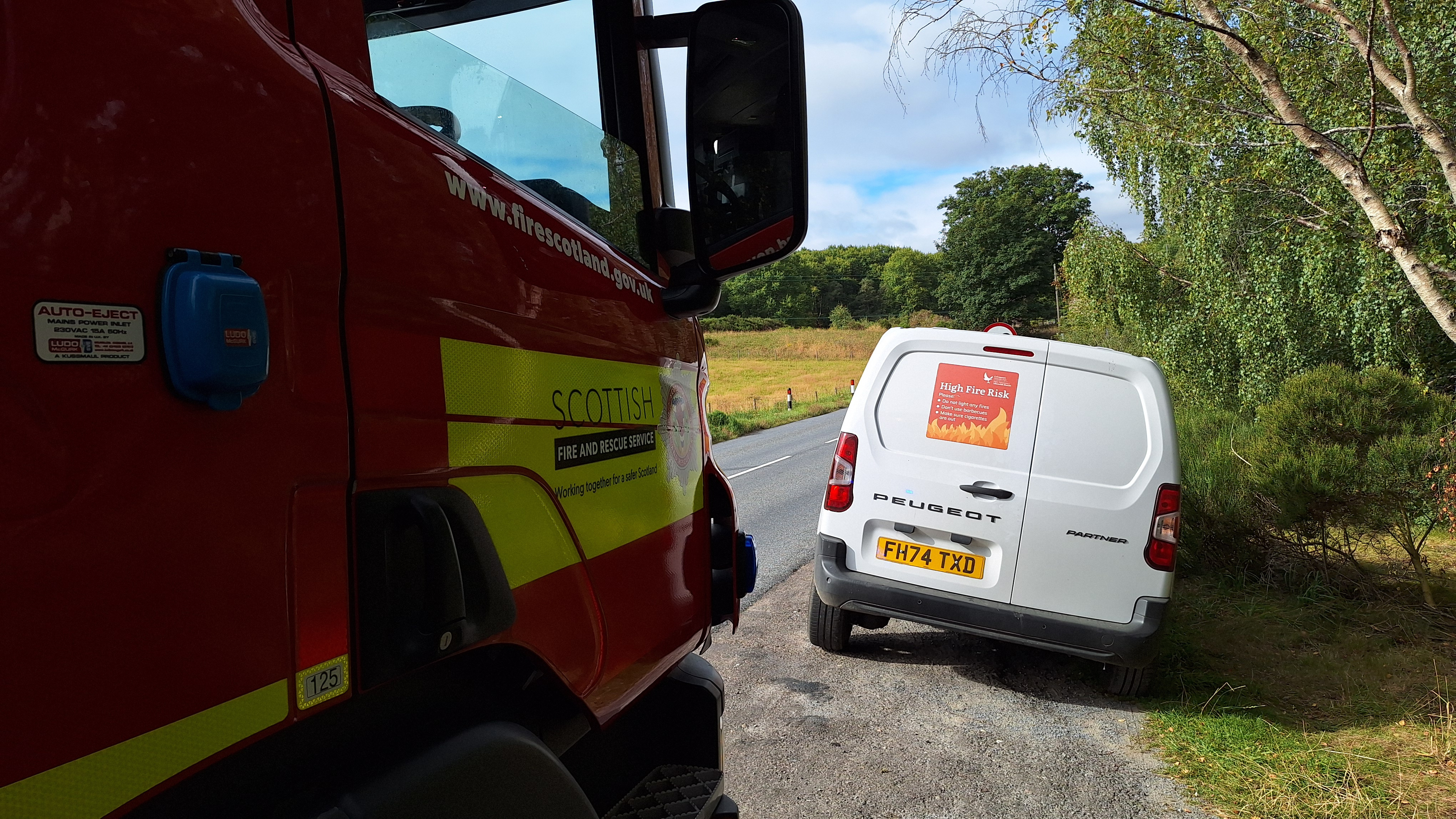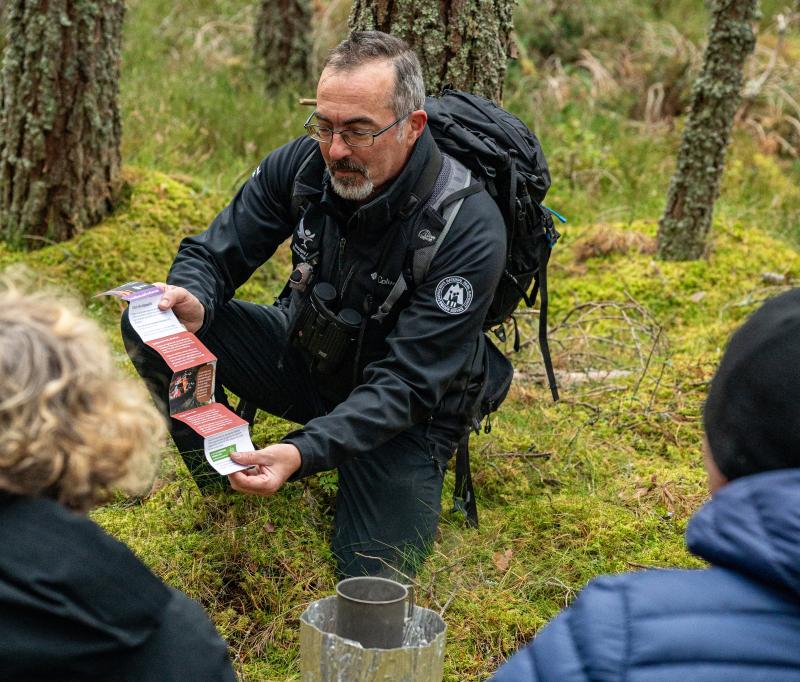New byelaw boosts wildfire mitigation in National Park

New byelaw boosts wildfire mitigation in National Park
Recreational fires and barbecues will be banned in the Cairngorms National Park between 1 April and 30 September every year, after Scottish Ministers approved a new byelaw to reduce the growing risk of wildfires in the face of climate change.
The ban follows an extensive consultation process in the National Park, which showed that the overwhelming majority of residents and visitors were in favour of a fire management byelaw. It allows the Park Authority to progress a range of significant wildfire mitigation measures, alongside the UK’s first Integrated Wildfire Management Plan.
The approval from Scottish Government comes a few months after a major wildfire on the northern boundary of the Cairngorms National Park, in Nairnshire and Moray, which further highlighted the importance of close collaboration to reduce the chances of similar incidents happening in future.
In preparation for the byelaw coming into force in April 2026, the Park Authority and its partners are taking forward a range of measures, including:
- Working with Police Scotland and the Scottish Fire and Rescue Service to prepare for robust enforcement of the byelaw, including enhanced patrols at key sites and an extensive training programme for rangers on the ground.
- Developing a targeted wildfire communications campaign, including permanent and temporary signage, leaflets, press activity and social media advertising.
- Working with local councils to put in place road signs at key entrance points and hotspots, informing people that there are no fires or barbecues allowed.
- Coordinating activity across estates, public bodies, NGOs, businesses and communities in the National Park to ensure a joined-up approach to information sharing on fire risk, the upcoming byelaw and the Scottish Outdoor Access Code.

Mairi Gougeon, Cabinet Secretary for Rural Affairs, Land Reform and Islands, said: “In introducing a fire byelaw of this kind, the Cairngorms National Park Authority is leading the way in safeguarding Scotland’s natural and cultural heritage from climate crisis threats.
“The wildfires we saw around Scotland earlier this year only remind us of how urgent this issue is, and I commend the Park Authority and partners on the huge amount of work they are doing to take forward this byelaw and a range of other mitigation measures.”
The risk of wildfire is increasing in Scotland, with climate modelling showing longer drought periods in future years. In the Cairngorms, the stakes are particularly high, with the National Park home to around 18,000 residents, as well as 25% of the UK’s rare and endangered species and around half of Scotland’s ancient pinewoods. It also welcomes around two million visitors annually.
A Scottish Fire and Rescue Service extreme wildfire warning is in place across Scotland this week – the first to be issued in September for five years. It follows another 12 wildfire risk alerts between March and August this year.
Sandy Bremner, Convener of the Cairngorms National Park Authority, said: "The Cairngorms National Park is loved and cherished by so many of us, and we all want to protect and safeguard this incredible place. This byelaw will help us to do just that. Now that it has been approved by Scottish Ministers, we're committed to taking forward a range of practical measures to reduce wildfire risk in the National Park - from signage and communications to training and enforcement.
“Of course, it's up to all of us to play our part so that the National Park can be enjoyed by generations to come, and the new fire byelaw is just one piece of the jigsaw. From our Climate Adaptation Fund to our Integrated Wildfire Management Plan, the Park Authority is committed to working in collaboration with communities and partners to reduce the impacts of climate change and support all those impacted by the threat of wildfires."




